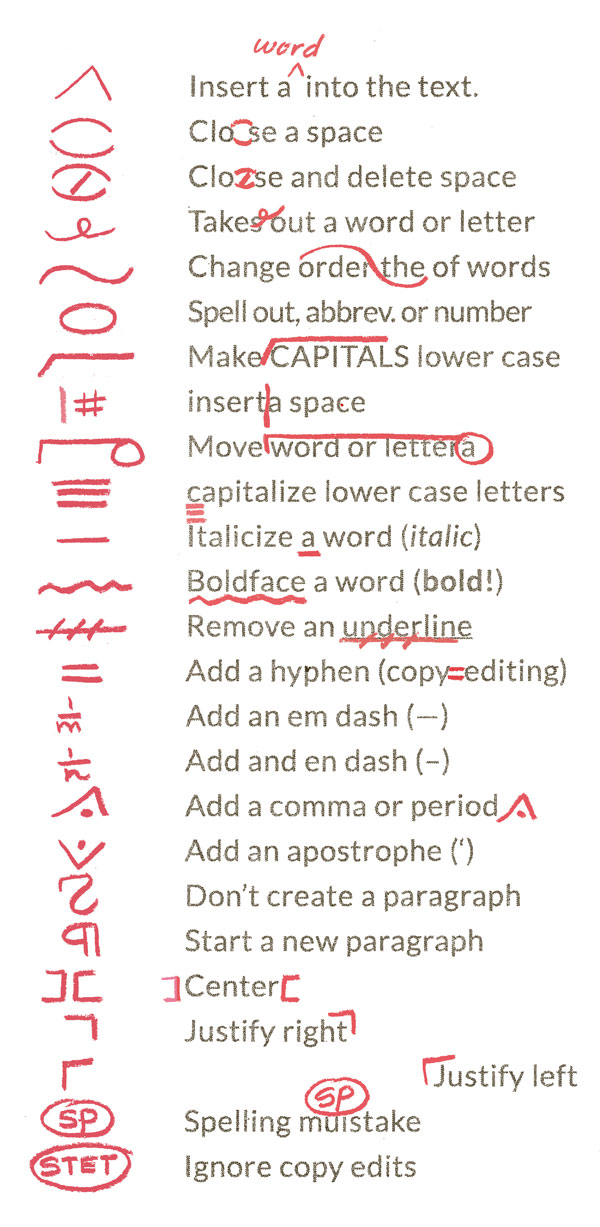


No matter what kind of book you’ve written or how long you’ve worked on it, your manuscript can benefit from professional editing. Don’t neglect the important step of editing. Taking the extra step to have your book professionally edited can take your book from good to great.
Professional editors provide many different services. While all authors can benefit from editing, try to determine exactly what type of editing you are looking for. Keep in mind that every editor’s services will differ slightly, so make sure you and your editor are in agreement on the work that will be done. Below are summaries of the most common types of editing.
Copy Editing is the simplest level of editing. A copy editor will check for punctuation, grammar, sentence structure, spelling, and typographical errors, addressing the flaws at the sentence level, while also ensuring that the writing itself coincides with industry standards. Copy edits are often formatted as suggestions, allowing you to pick and choose your changes.
Developmental Editing will hone the storytelling aspect of your work. Both fiction and nonfiction works require a narrative structure that encourages the reader to continue reading. For story driven projects, your editor will provide feedback on plot, character, theme and symbolism. Nonfiction books may need work with chapter or section organization and clarity.
Line Editing, while similar to Developmental Editing, is more focused on editing content at a paragraph level. An editor providing this service will help you develop your voice by focusing on the creative content within your writing. This process will explore word choice, paragraph structure, flow of narrative, language style, and readability.
Research Editing can be especially helpful for nonfiction and historical fiction works. The Research Editor will check for inaccuracies or inconsistencies in your writing, ensuring that your content is backed by credible sources. The editor can also provide citation verification and check for proper citation structure and plagiarism.
Not only will editing improve the readability of your book, but editing can trim your page count, which can result in significant book production savings.
Some important things to keep in mind:
Competent editors are widely available. It is not necessary to meet your editor in person (although some prefer this approach). Correspondence and manuscript sharing can be done electronically. Every editor’s services will differ slightly, so make sure you and your editor are in agreement on the work that will be done.
Professional editors vary in price and you’ll want to be sure you’re compatible – the editor knows your style or genre of writing. Typically sending them a few sample pages to critique will be enough to know if this is a person you can work with. However, the cleaner you make your manuscript, the less time and money it will take to give it that professional edge.
